The Agrarian and Agri-Food Technology Center Itagratogether with Repsol, applies the sulfur residue in agricultural crops and adapts the appropriate methodologies for field application.
The challenge for agriculture is to be more efficient in the use of fertilizers, improving their assimilation by plants and reducing their blockage in soils.
In this sense, sulfur is a nutrient that, in addition to being necessary for crop development, is an element that favors the availability of other nutrients for the plant, such as phosphorus.
For more than six years, Itagra has been evaluating the effect of this sulfur on the soil for Repsol. The results show that the use of sulfur improves soil fertility in the short term.
Project background
The idea was born in 2011 as a direct offer to the company Repsol, which has a by-product/residue, sulfur, obtained in the refining process of petroleum products.
This is how Itagra proposes to apply it to the field with a double objective: to improve the profitability of farms, since production is increased and the use of fertilizers is reduced, and to reduce environmental pollution by reducing the use of fertilizers.
The objective was to valorize the sulfur by-product/solid waste in the agricultural field.
Waste recovery is an optimization of waste treatment that allows the reconversion of waste into raw materials that are reintroduced into the production process, thus completing the cycle of the circular economy.
The application of these waste recovery strategies within a circular economy offers countless advantages, both environmentally, economically and socially.
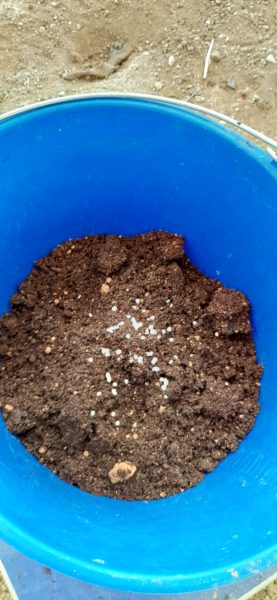
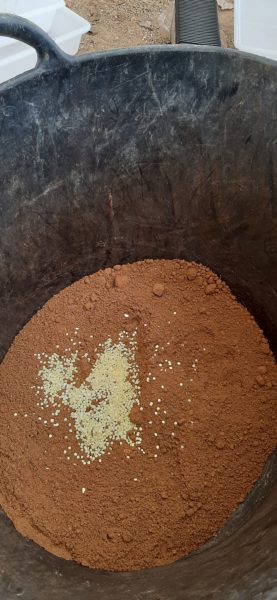
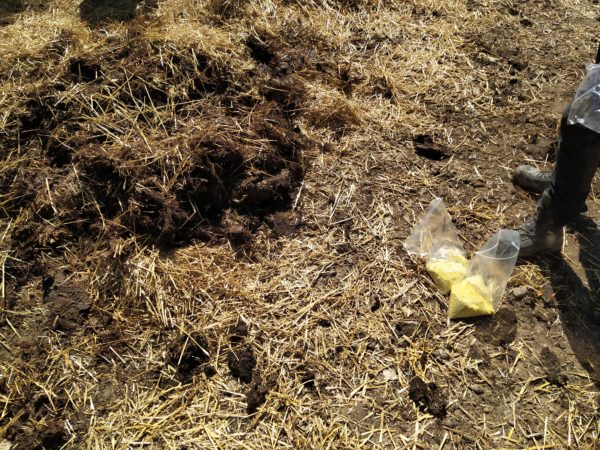
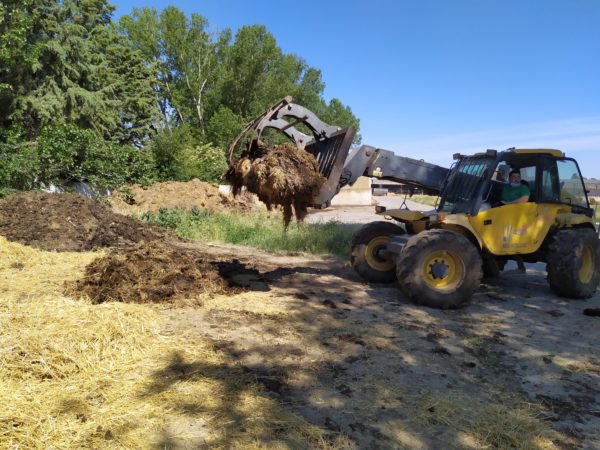
Application challenge
Initially, work was carried out to see how sulfur acted in different crops and soils and to determine the doses that had to be applied. We carried out trials on cereals and horticultural feeds; value studies to show to potential customers, developing all the previous characterization and agronomic recommendation.
Through research, it was observed that soils or crops receiving sulfur have a higher nitrogen use efficiency. The supply of nitrogen with sulfur causes the soil to lose less nitrogen. This results in an environmental improvement of crops and soils.
From an initial small exploratory collaboration with Repsol, the project has been expanding, framed within the framework of innovation-based agricultural valorization, anticipating opportunities as they arise.
One of them was the adaptation of methodologies. Tests were conducted on agronomic grounds, developing and adapting methodologies to determine ammonia volatilization and its impact.
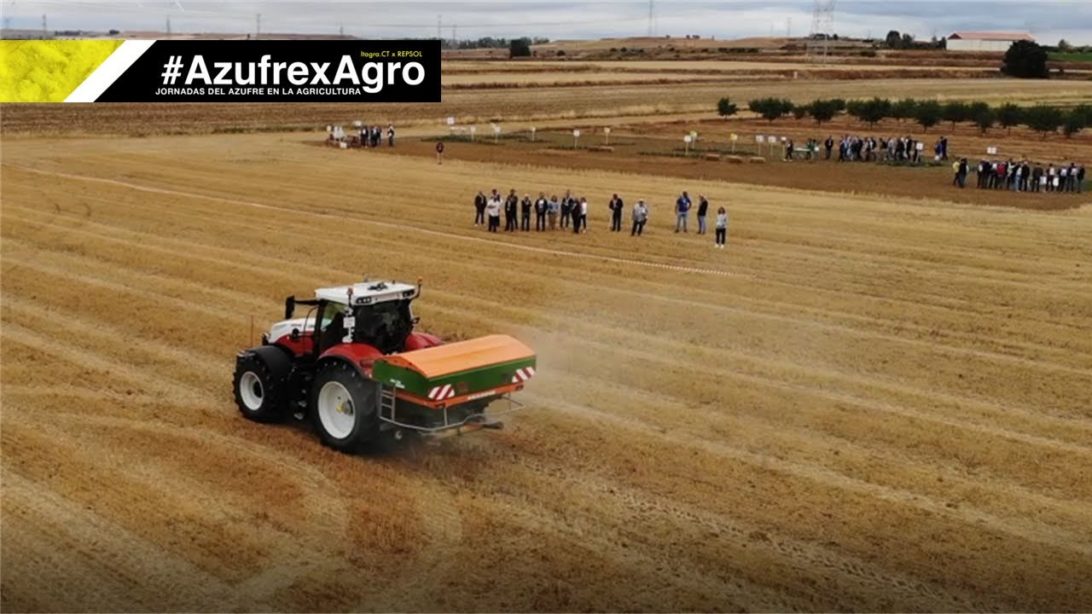
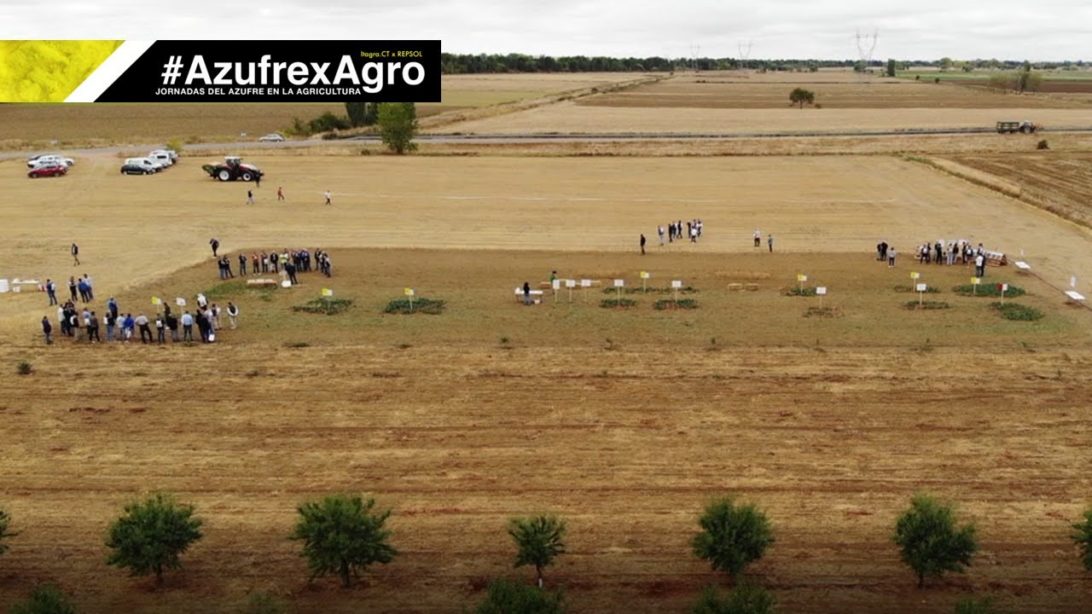
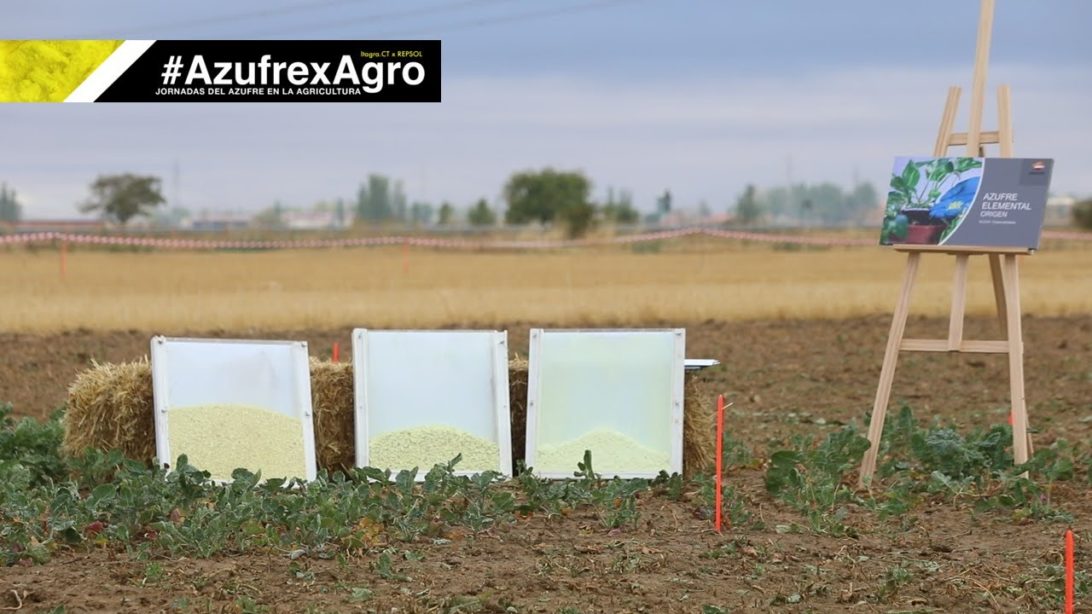
Final result of Itagra’s success story
With a professional team of 10 people working in the different areas of laboratory, agronomy and experimental designs in R+D+i, also, in recent years it has been seen how adding sulfur in the composting process of agricultural and livestock waste results in a compost richer in nitrogen, emitting less ammonia into the atmosphere (gas precursor of the greenhouse effect).
The final result was the revalorization of sulfur, giving another outlet for the by-product/waste, making the use of fertilizers more efficient and helping to improve the environmental impact.
More information about the sulfur success story with Repsol – ITAGRA.CT
NODDO: The Network of Technological Centers of reference in Castilla y León
From the Network of Technology Centers interdisciplinary work in an integrated manner, covering all technical disciplines. technical disciplines and finding innovative solutions in all parts of the processes.
If you want us to help you to empower your company and to find innovative technological solutions for your processes, do not hesitate to contact us at Noddo.
Follow us on LinkedIn and Twitter or sign up for our Newsletter to stay up to date with the latest news on the Web.



